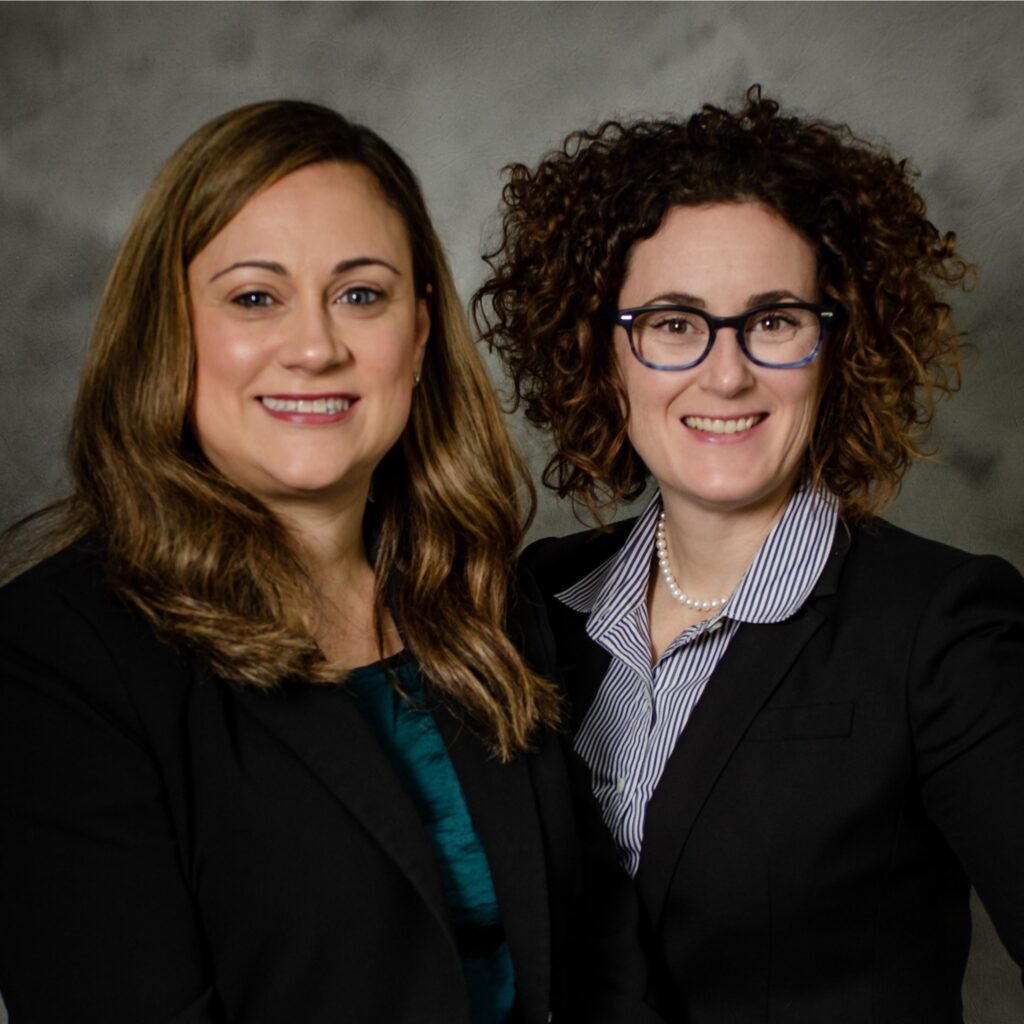When Should You Consider Changing Your Special Needs Plan’s Key Players?
You have completed and executed your plan for your special needs child, spouse or loved one. Everyone you’ve selected to serve—your guardian, your trustee, your health care proxy, your executor, and possibly a trust protector as well—has signed the paperwork. All set? For now, yes. But it’s a good idea to review these selections on […]
When Should You Consider Changing Your Special Needs Plan’s Key Players? Read More »










